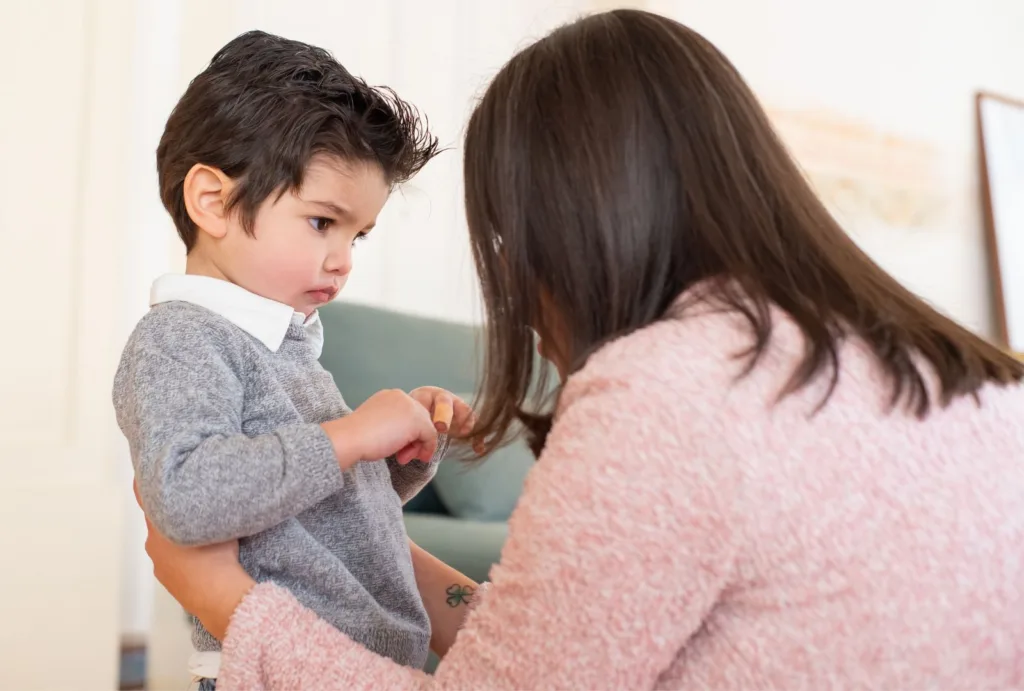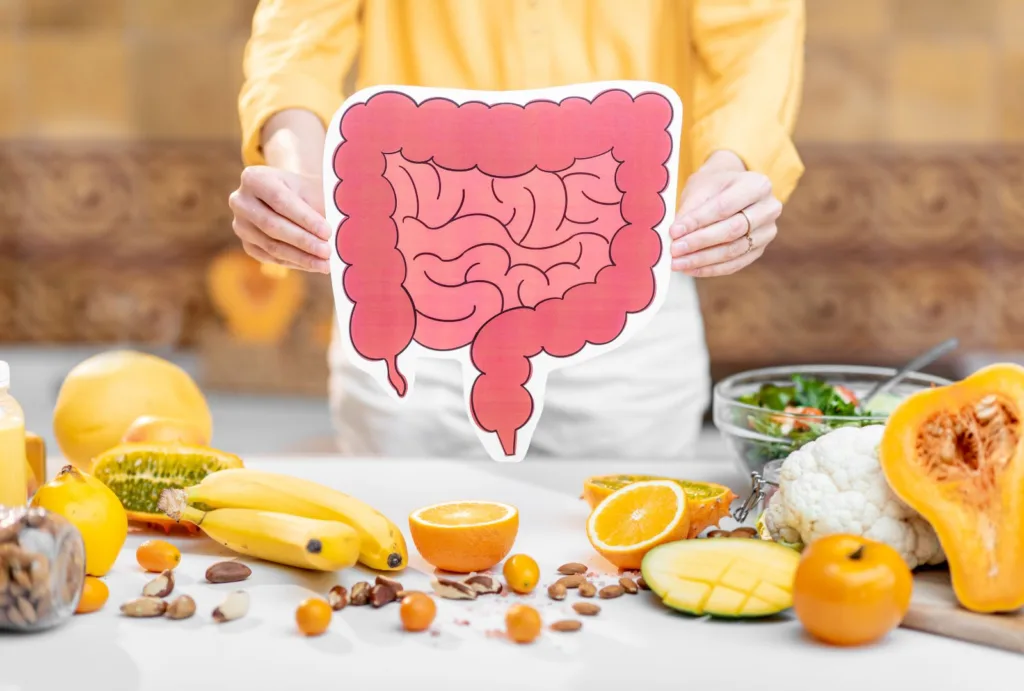
Ah, the “💩poo talk”—we’ve all been there, haven’t we? One moment you’re enjoying your cup of coffee, and the next, your little one comes up to you, grimacing, saying they haven’t gone to the bathroom in days. Sounds familiar?
Why It Matters
If you think this is just a small hiccup in the grand scheme of parenting, think again. Constipation in children can lead to a variety of issues, from cranky moods to serious health complications. Plus, let’s be honest, a constipated child often means a household walking on eggshells, doesn’t it?
Recognizing Constipation in Children
Common Symptoms
Physical Signs The clues are often right there, in your child’s behavior and, well, diapers. Look for:
- Hard, dry stools
- Straining during bowel movements
- Less frequent bowel movements than usual
Behavioral Changes Kids aren’t the best at expressing what’s going on inside, but their actions speak volumes. Are they avoiding the toilet? Acting more irritable than usual? Yep, constipation might be the uninvited guest.
When to Worry?
Should you hit the panic button if your child hasn’t had a bowel movement in two days? Not necessarily. But if these symptoms last for over a week, or if you notice blood in the stool or severe abdominal pain, it’s time to consult a healthcare provider.
Causes of Constipation in Children
Diet
Oh, the joys of trying to get a child to eat their veggies!
Low-Fiber Foods If your little one’s diet consists mainly of cheese puffs and chicken nuggets, don’t be surprised if constipation comes knocking. Foods high in fat and low in fiber can be the culprit here.
Lack of Physical Activity
Yes, screen time is easier to manage, but remember the good old days of playing tag and jumping rope?
Importance of Exercise Physical activity helps move food through the digestive system. So, get those tiny legs moving!
Psychological Factors
Who would have thought? Your child’s mental state can affect their, ahem, “output.”
Anxiety and Stress Whether it’s a new school or just a phase, anxiety and stress can lead to constipation. I get it, talking about feelings isn’t always easy, but sometimes it’s necessary for more than emotional relief.
Treating Constipation Safely

Diet Adjustments
Foods to Include Time to be the food police! Incorporate more fruits, vegetables, and whole grains into your child’s diet. Apples, pears, and whole-grain bread can be your best friends here.
Foods to Avoid Wave goodbye to processed foods and excessive dairy for a while. Trust me, your child’s digestive system will thank you.
Physical Activities
Exercise Suggestions You don’t need to enroll your kid in a CrossFit class—just a game of catch or a family bike ride can do wonders.
Medication
Over-the-counter Options Sometimes, diet and exercise may not be enough. Over-the-counter laxatives like Miralax can be helpful. But remember, always consult your healthcare provider first.
When to Use Prescription Medication If symptoms persist, your healthcare provider may prescribe stronger medication. But this should be your last resort, not your first go-to.
Home Remedies
Quick and Easy Solutions How about some good ol’ prune juice or a warm bath to relax those muscles? Sometimes the simplest solutions are the most effective.
Prevention is Better Than Cure

Long-term Strategies
Let’s talk longevity, shall we? Consistency is key when it comes to keeping constipation at bay.
- Regular exercise: Make it a family affair!
- Balanced diet: Yes, this means more greens and less sugar.
- Hydration: Water is your secret weapon. Make sure your little one is sipping throughout the day.
When to Seek Professional Help
No one likes a never-ending cycle of discomfort. If symptoms persist despite your best efforts, it’s time to consult a healthcare provider. It’s better to be safe than sorry, right?
Frequently Asked Questions (FAQs)
Fruits like apples, pears, and plums, as well as vegetables rich in fiber like broccoli and carrots, can be quite effective.
Moderate physical activity for at least 60 minutes a day can go a long way in keeping the digestive system healthy.
If symptoms like severe abdominal pain or blood in the stool occur, or if the constipation lasts for more than a week despite home remedies, it’s time to seek medical advice.
Yes, psychological factors like stress and anxiety can contribute to constipation. If you notice behavioral changes along with physical symptoms, consider discussing it with a healthcare provider.
While many over-the-counter options like Miralax are generally considered safe, it’s always best to consult a healthcare provider for personalized advice.
So, there we have it. Constipation in children is more common than you’d think, but it’s also more manageable than you’d imagine. With the right diet, ample exercise, and a dash of medical advice, you can help your child get back to their happy, energetic self.
Have you found a unique way to deal with constipation in your children? We’d love to hear about it. Feel free to share your experiences and tips!




